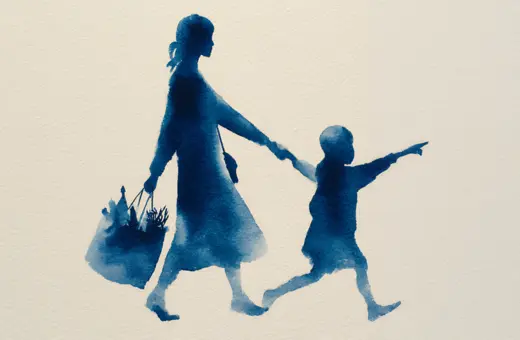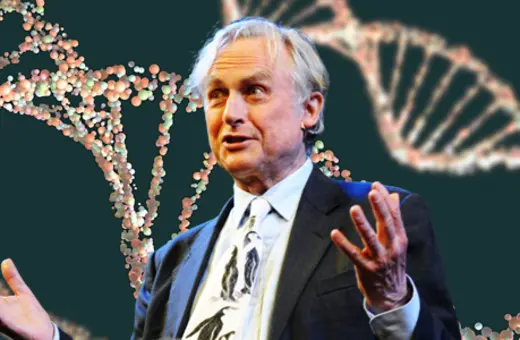The existence of play in non-human animals is a direct challenge to old-fashioned scientific ideas. Play is dismissed as a human projection or as functional practice for adulthood that only ‘higher” mammals are capable of. Not so, writes Gordon Burghardt, the contemporary study of play finds it across the animal kingdom from birds to spiders, and help makes sense of why, for us humans, play can be spontaneous, purposeless and fun.
Although evolutionary approaches to understanding most areas of human and animal behavior are popular, play behavior has been largely neglected. Partly this may be since the debates on the function of play have been heated and unresolved, leading to the view that its evolutionary basis is not ready or able to be studied fruitfully. Thanks to advances in several fields, this is no longer true, though that message has difficulty being heard today. I have been studying the mysteries and origins of play for several decades and this essay reviews the progress I have witnessed.
Evolutionary psychology is the application of Darwinian principles to psychological and behavioral phenomena in humans. It is based on three assumptions. The first is that much of human behavior is inherited from our vertebrate ancestors The second is that much of our psychology has evolved to deal with demands such as finding food and mates, protecting ourselves, and rearing offspring. The third is that this psychology involves modular rather than general-purpose processing mechanisms (although, in fact, the underlying neural and motivational systems often overlap).
Evolutionary Psychology has a fascinating history that is to some extent problematic, though that is not my concern here. It is increasingly popular, but unfortunately, most of the “new wave” of evolutionary psychologists actually seem minimally familiar with comparative psychology and ethology (the naturalistic study of animal behavior) and often largely ignore the role of our ancient vertebrate behavioral legacy. Instead, they focus on the role of natural selection, and particularly sexual selection, in shaping the behavior of protohominids and early humans in the millennia before the advent of literacy and agriculture. Evolutionary psychologists have largely ignored play. You will find nary a mention of play in major textbooks or current research programs.
On the surface, this seems strange, since play is common in people and, as in other species, can consume large amounts of time and energy. Indeed, play may be engaged in much more frequently than fighting, sex, and even eating. I think one reason for this neglect is that play appears to lack “seriousness” either in its proximal manifestations or in its adaptive value or function. Perhaps scientists, including evolutionary psychologists, anthropomorphically and unconsciously view play as a non-serious topic or evolutionarily unimportant. Sustained attention is needed before a scientific approach to play will be successful. There are signs that this is now happening. What follows is an attempt to deal with some of the outstanding problems in the analysis of play and its evolutionary origins.
___
___
Play in non-human animals is generally categorized as locomotor play (jumping, leaping, twisting, swinging, running), object play (biting, mouthing, manipulating), and social play (chasing, wrestling). These are not completely independent as all three can occur at the same time when, for example, two dogs chase after an object, both grab it, and proceed to do a tug-of-war for possession.
Play has been recognized in non-human animals for many centuries, but the study of animal play, like so much animal behavior, really did not develop until after the writings of Charles Darwin and the rise of natural history, comparative psychology, and, in the early 20th century, ethology.





















Join the conversation